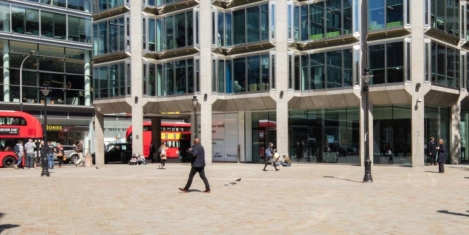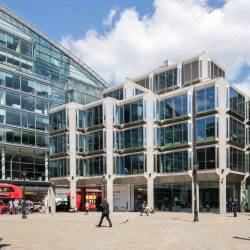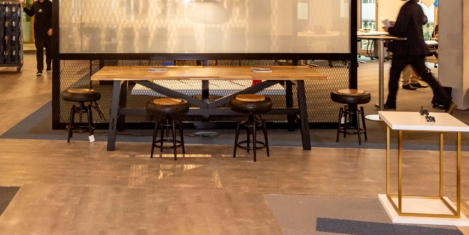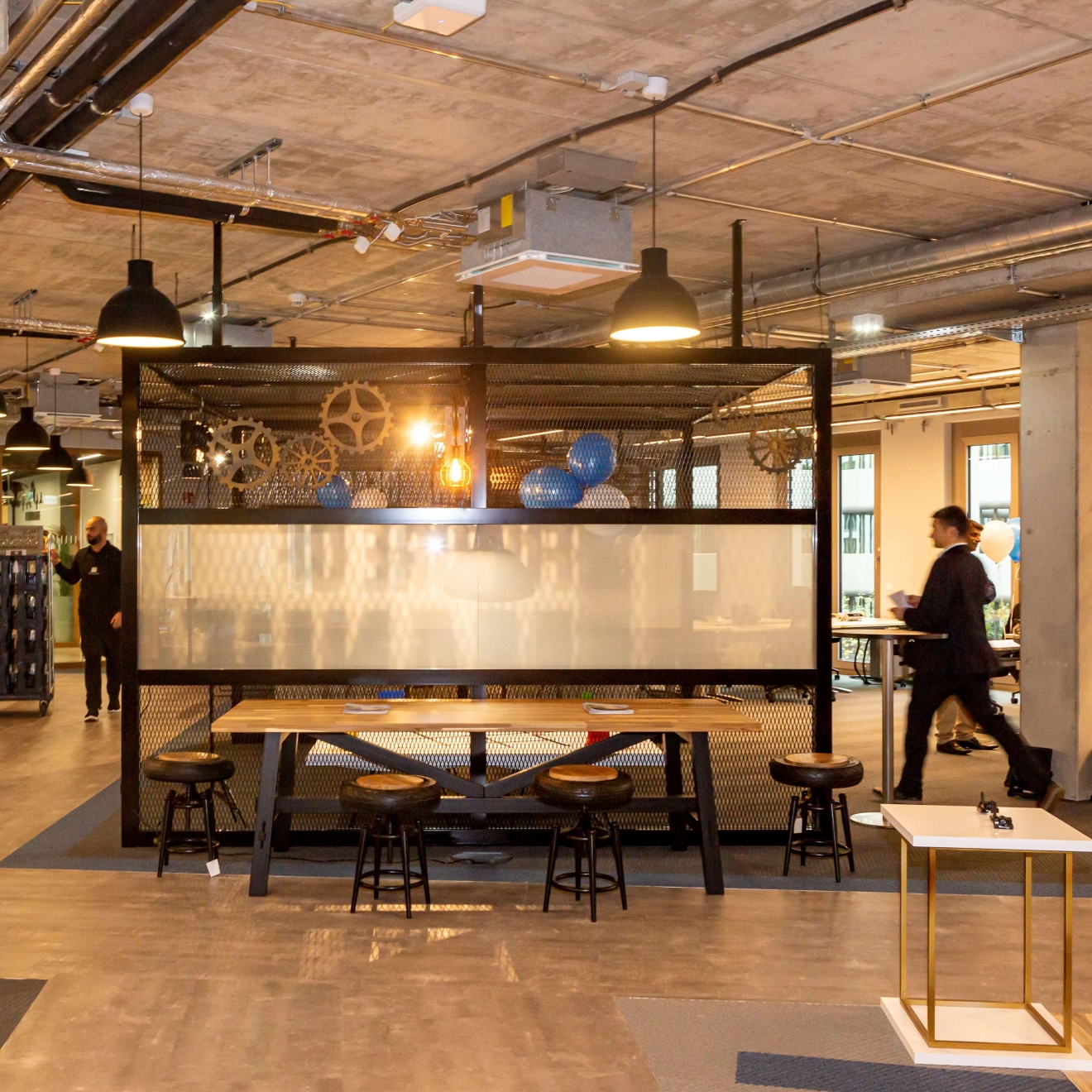November 14, 2019
Women may be struggling to climb career ladder because of their beliefs about competition
 Women might be less likely than men to go for opportunities in competitive workplaces because they don’t see as much of an upside to competition as men do, research by UCL School of Management and London Business School reveals. Women are on average less competitive than men. This gender difference has been explained largely by external factors such as the different evolutionary and social pressures men and women experience. Extending our current understanding of the gender difference in competitiveness, Dr. Sun Young Lee and Dr. Selin Kesebir reveal beliefs about competition as one source of the gender differences in competitive attitudes and behaviours. More →
Women might be less likely than men to go for opportunities in competitive workplaces because they don’t see as much of an upside to competition as men do, research by UCL School of Management and London Business School reveals. Women are on average less competitive than men. This gender difference has been explained largely by external factors such as the different evolutionary and social pressures men and women experience. Extending our current understanding of the gender difference in competitiveness, Dr. Sun Young Lee and Dr. Selin Kesebir reveal beliefs about competition as one source of the gender differences in competitive attitudes and behaviours. More →



































